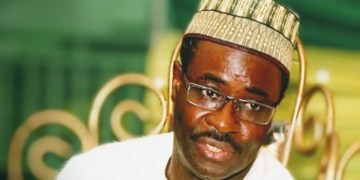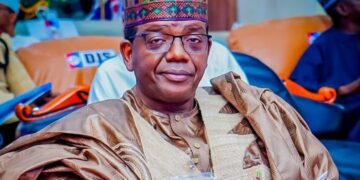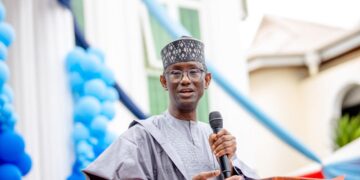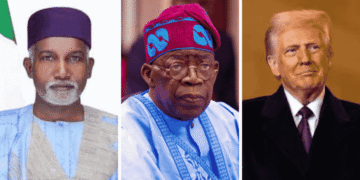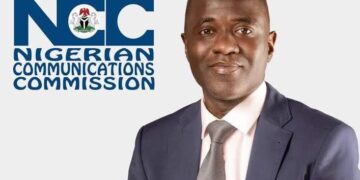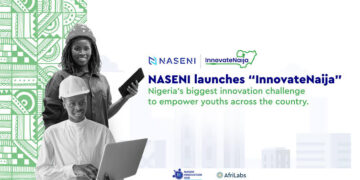According to the Imperial College London, COVID-19 widely known as coronavirus is capable of claiming up to 40 million lives worldwide. If desperate and functional interventions aren’t applied, this could be the world’s biggest humanitarian disaster since World War II. Africa has reported over 18,000 cases, 950 deaths and a sizeable number of recoveries. Nigeria has a fair share of those numbers, as testing capacity increases and efforts on contact tracing soars, over 442 cases have been confirmed in 19 states. 44 people have recovered and the death toll stands at 152.
Over the next few weeks, it is expected that we may witness a surge in the number of cases reported as more testing is carried out. How the curves ultimately play out depends largely on the extent to which preventive measures are put in place, kept in place and followed by the public. The Federal Government of Nigeria has teamed up with state governments, health agencies and private stakeholders to mobilise tens of thousands of health workers, establish new testing and isolation centres, deepened essential health equipment inventories, shutdowns in hotspots, seeking advice and resources of sophisticated technology and unveiling billions in financial aid and economic stimulus packages.
In the last few weeks, I’ve read several opinions evaluating the ‘activeness’ of the President and his deputy in battling coronavirus. The one that struck me most was an allegation that Professor Yemi Osinbajo has been ‘missing’ in the response efforts. This was enough reason to reflect on how illy-informed most of us are about this outbreak and our varying expectations from leaders across the globe. We must first bear in my mind that we’re all humans; regardless of status, class or age, and that the disease is a respecter of nobody. So, let us lend our empathy in how we decipher issues related to human response, especially in the case of a man who has had to self-isolate himself for weeks after being in contact with infected persons whilst still going about his duties as the Vice President. Government officials are also testing positive for and even in some cases dying of COVID-19.
Professor Osinbajo from the early stages of the outbreak inaugurated the Economic Sustainability Committee which is saddled with the responsibility of developing frameworks and policies for Nigerians, and also address the overarching effects of our current realities going forward. The National Economic Council which he chairs also set up a special committee that has been working tirelessly to develop additional measures to relieve the challenges currently faced by all Nigerians. They have been sitting regularly for virtual conferences and if the need arises, in-person meetings. He also reports directly to the President on reports and recommendations being adopted to save the country from the ghastly effects of coronavirus. Osinbajo has consistently emphasized the importance of the assignment before them and the urgency required. He asked that public enlightenment and sensitization on the seriousness of the pandemic should be further intensified at all government levels so that more and more Nigerians would become aware of the compelling and critical dimensions of the situation. The Vice President was the first government official to adopt a digitized approach for meetings in the country and that’s undoubtedly commendable.
Rather that needless press briefings that could potentially spark confusion and breed misinformation, both of which tend to exacerbate crises, we should encourage the government to intensify efforts in equipping healthcare workers at the frontline of this dilemma and also focus on strategies to keep the economy afloat and provide sustainable livelihood for its citizens, as they are already doing. This isn’t Trump’s America where White House press ratings are used to secure votes for upcoming general elections, neither is it a showbiz affair for lead characters to score actionable points and public appraisal. Great leadership isn’t dependent on who takes the centre stage in the middle of a storm.
Coronavirus is a deadly disease and the appropriate agencies, including the Ministry of Health at federal and state levels, the Ministry of Finance, Nigerian Centre for Disease Control, Ministry of Humanitarian Affairs, Disaster Management and Social Development, state governors and other important stakeholders including the Presidency have stepped up their game and come together to form a strong and effective response. It is important that we are not distracted by excessively complicated and whitewashed administrative procedures. In times like this, healthcare workers are essentially the main response pillars that we have.
The Federal Government has commenced the disbursement of N20,000 Conditional Cash Transfer (CCT) of four months to vulnerable households reaching 3.6 million Nigerian households and is also catering for daily wage earners and youths affected by the stay-at-home order by providing relief food interventions in communities affected by the order. More palliatives for small and medium scale businesses are being rolled out and food security during a period such as this has been one of the main focus of the Presidency. We still need to push the governments, both at state and federal level to do more and reach all levels of citizenry, and criticise if the need arises but we should also do so constructively and with the right facts.
Richard Ogundiya is a researcher and journalist based in Lagos, Nigeria.


